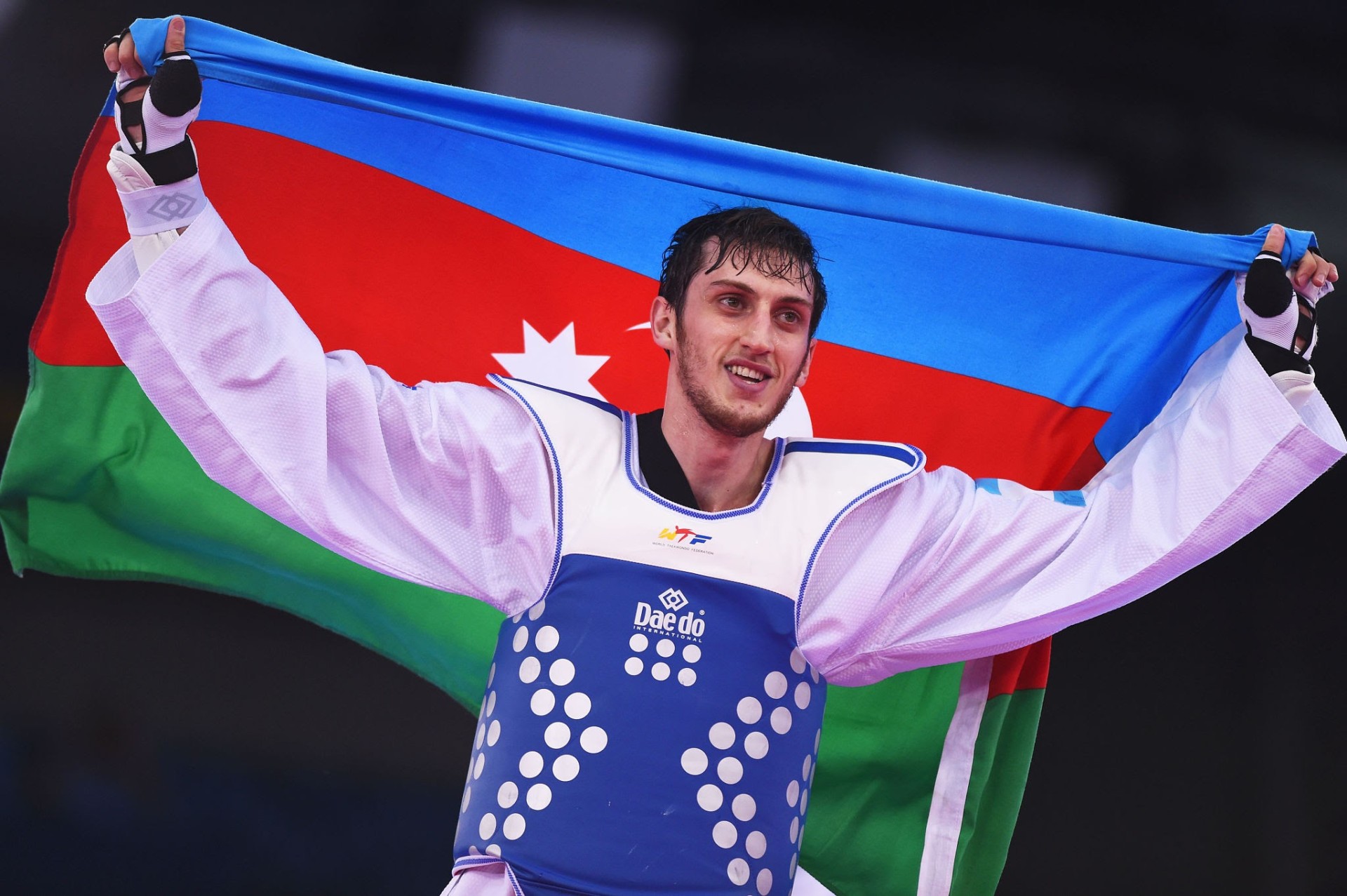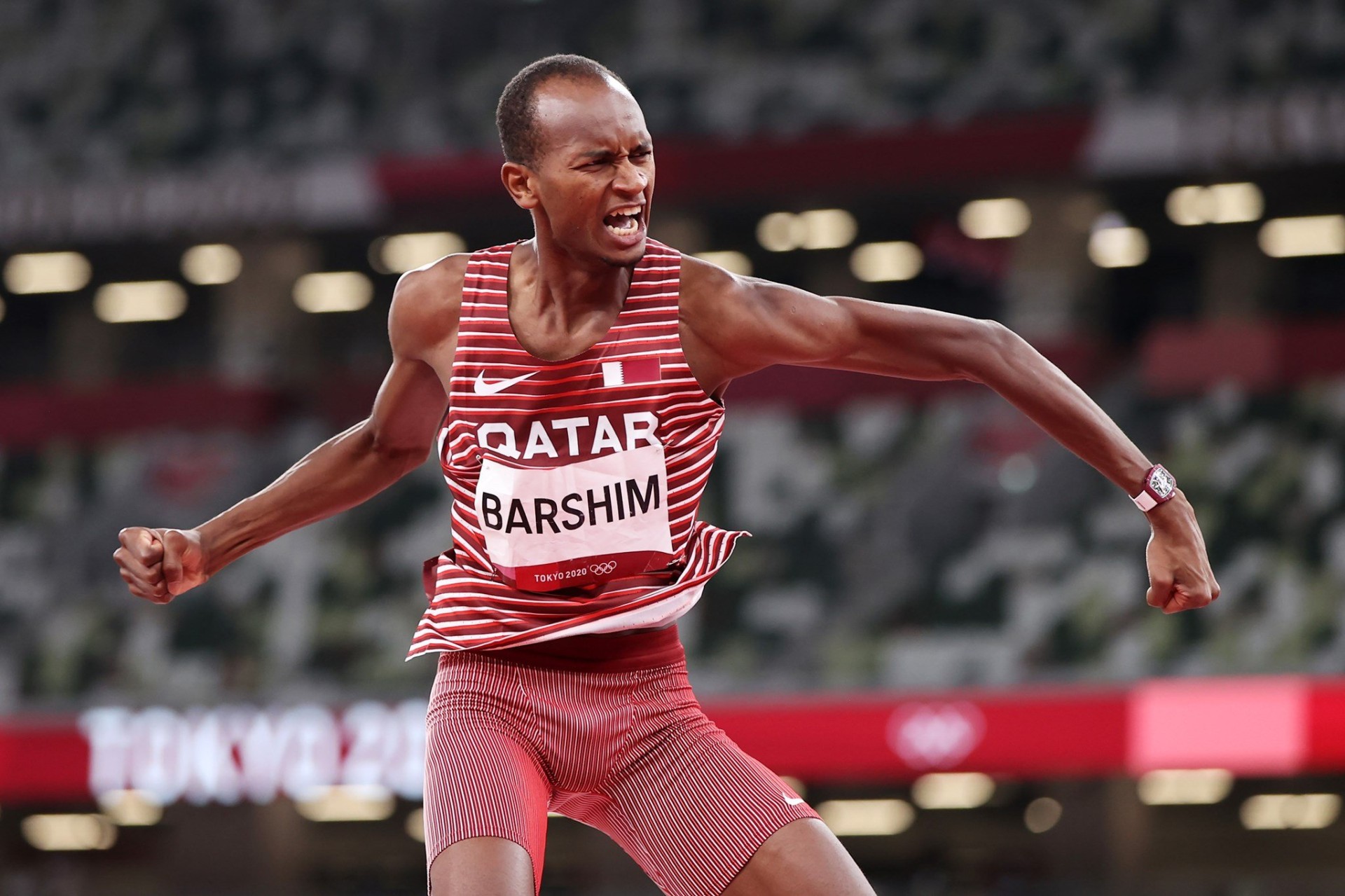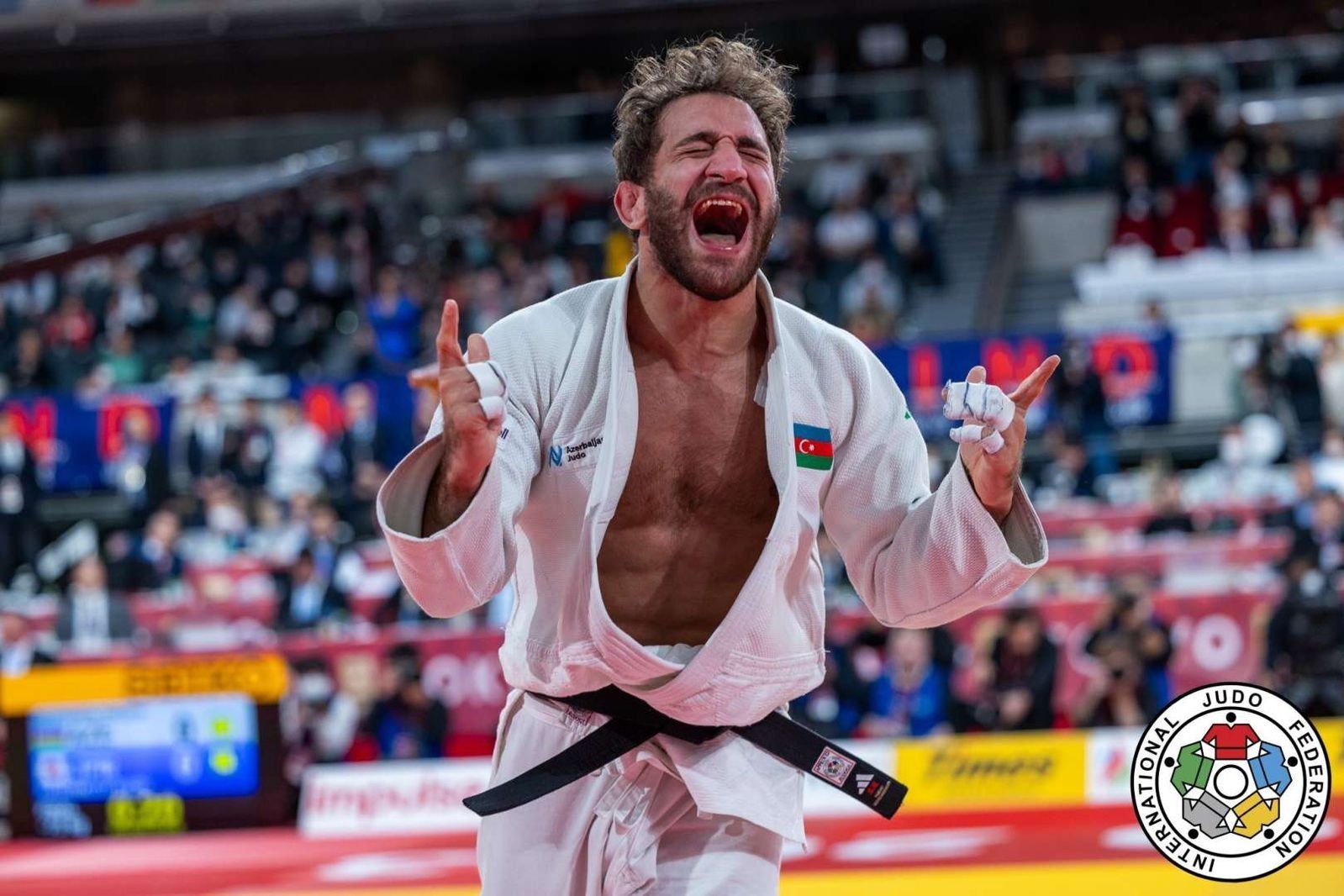In the early years of independence, Azerbaijan faced a shortage of its own sports infrastructure and trained personnel, so the naturalization of foreign athletes was a necessary tool for quickly gaining a presence on the international stage. This helped to build the image of a successful sporting nation and compete for medals at major competitions.
Today, the situation has changed: Azerbaijan is a mature sporting nation with modern arenas, training facilities, scientific and medical support, and extensive experience in organizing international competitions, Idman.biz reports.

(Rio 2016 Olympic taekwondo champion Radik Isaev)
The state systematically invests in sports, and new generations of athletes undergo a full training cycle within the country. It is logical to move away from mass naturalization and focus on developing homegrown talent. Foreign experts remain important mentors, but those representing the country on the podium should be its own athletes.
Global experience confirms the effectiveness of this approach. After a period of widespread naturalization, Qatar shifted its focus to the Aspire Academy and long-term work with teenagers, resulting in victories at the 2019 Asian Cup and Mutaz Barshim’s Olympic gold. Bulgaria, in wrestling, abandoned reliance on foreign athletes, and at the 2025 European Championship, its own leaders won medals. In Sweden, successes in table tennis are achieved by athletes developed within the national system rather than invited players.

(Tokyo 2020 Olympic athletics champion Mutaz Barshim)
Naturalization does not create a long-term legacy: it replaces motivation, blocks young athletes, brings short-term success, but fails to build a national school, often involves conflicts, high costs, and weak connections with fans.

(Former Azerbaijani weightlifter Valentin Christov, stripped of his 2012 Olympic bronze)
Focusing on homegrown talent creates a broad reserve pyramid, strengthens coaching expertise, ensures consistent medal results, and generates a social impact, national heroes become role models. A system that develops its own athletes increases manageability and predictability of success, reduces the risk of scandals, and builds a solid foundation for the national sporting tradition.

(2024 Olympic judo champion Hidayat Heydarov)
For Azerbaijan, with its infrastructure and organizational maturity, moving away from naturalization is not a risk but an investment in a generation of its own champions, where each medal becomes a cornerstone of the country’s sporting culture and a symbol of national strength and pride.
Teymur Tushiyev
Idman.biz












